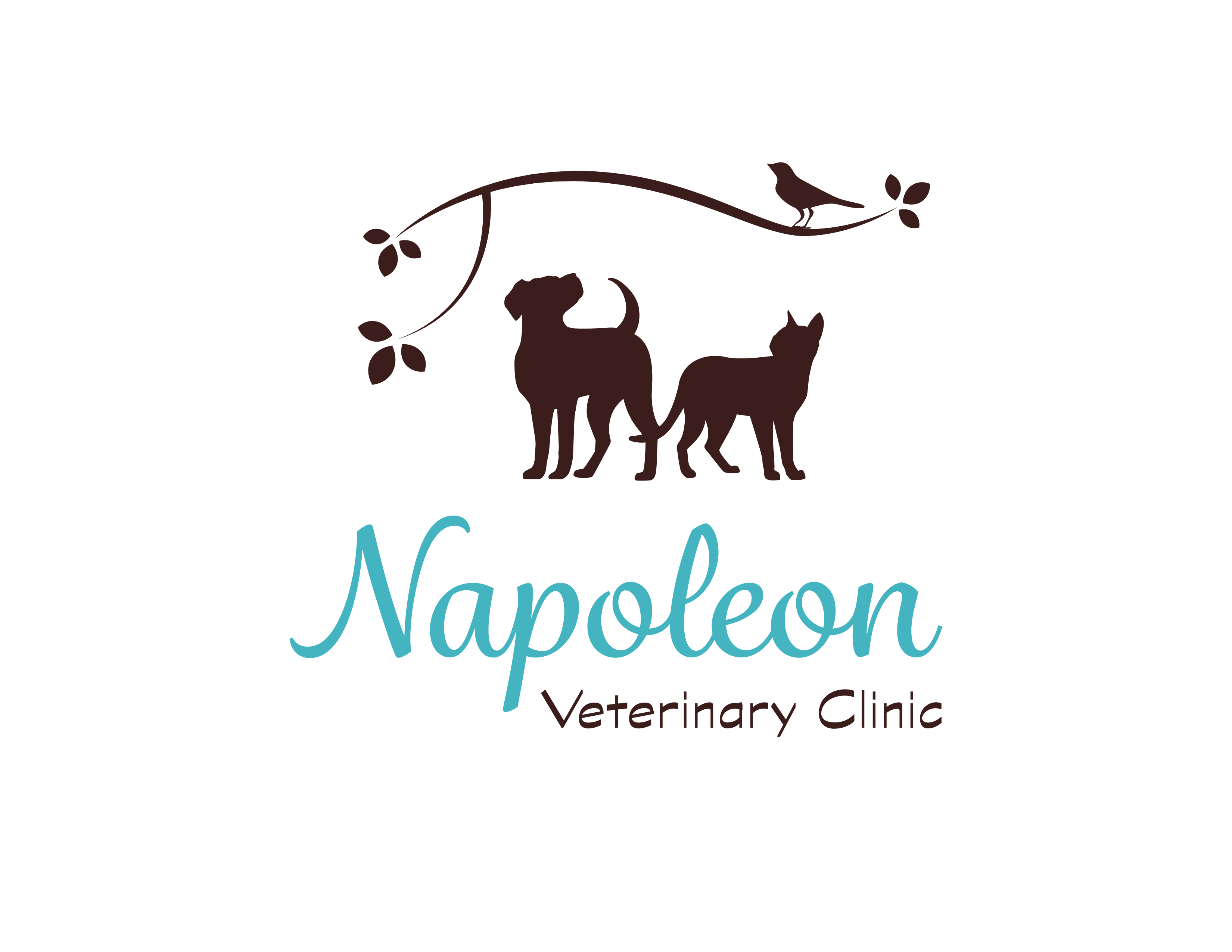
Puppy Vaccination Schedule
When you get a new puppy, it can be a little overwhelming. That’s where we come in; the puppy vaccination schedule below helps you to know what your veterinarian recommends to get them off to a healthy start, so you can enjoy their company for a long time. All you have to do is make appointments for when your puppy reaches these stepping stones, and we’ll take care of the rest!
6 Weeks
- Physical exam
- Canine distemper/hepatitis/leptosporosis/parainfluenza/parvovirus and corona virus vaccine (DHLPPC)
- Fecal exam
- Flea and Heartworm medication
9 Weeks
- Canine distemper/hepatitis/leptosporosis/parainfluenza/parvovirus and corona virus vaccine (DHLPPC)
- Fecal exam
12 Weeks
- Canine DHLPPC
16 Weeks
- Canine DHLPPC
- Rabies vaccine (1 year)
6 Months
- Spay or Neuter – any size dog
A spay/neuter includes:
- Anesthetic
- IV catheter/fluids (spay only)
- Laser therapy
- Surgical procedure
- Analgesic injection (“pain killer”)
- Overnight hospitalization
- Suture removal (spay) in 10-14 days
As a responsible pet owner, maintaining your pet’s health is a primary concern. In addition to providing a loving environment and a quality diet, prevention of infectious disease is one of the most important steps you can take to keep your pet illness free.
What are infectious diseases?
Infectious diseases are diseases caused by microscopic organisms such as bacteria, viruses and fungi. These germs invade and multiply within your pet’s body and cause illness. If your pet’s immune system does not stop an infection and it is left untreated, many infectious diseases can cause serious, permanent damage, including death.
When an animal is exposed to infectious organisms, the immune system is called upon to prevent infection by forming antibodies. These antibodies then fight off the invading organisms. Vaccinations are used to help the body produce antibodies.
Vaccines are made by killing or altering the disease-causing germs so they can no longer create illness. When they are injected in the form of a vaccine, they cause the immune system to stimulate the production of antibodies specific for that disease. In this way, vaccines prepare the immune system to be ready to stop infections and prevent illness quickly when the real disease strikes. It is important to realize that vaccines, by themselves, do not prevent disease. Vaccines only act as a trigger to stimulate the immune system. It is up to the animal’s immune system to actually prevent infection and disease. For this reason the need for multiple boosters is especially important in young animals. Their immune system may not respond as quickly or as effectively as an adult’s. In addition, they receive antibodies through their mother’s first milk (colostrum) that protects them from infections disease during the critical first weeks of life. Unfortunately, these maternal antibodies also react with vaccines and may reduce the vaccine’s effectiveness. These first antibodies have a short and variable life span and decline over several months. Giving multiple vaccinations to young animals helps to insure they have the best possible opportunity to respond and develop protection when they are most vulnerable.
Once a pet grows up, yearly re-vaccinations should be given because immune protection declines with time. By doing so, we can keep our pets disease free. This way, both young and old stay healthy

